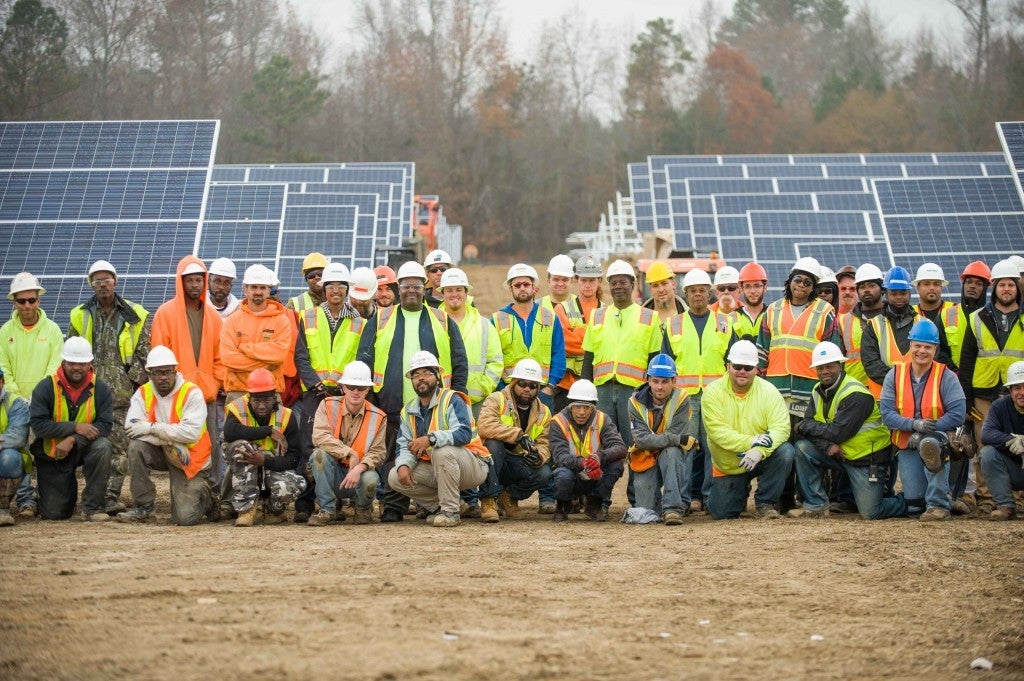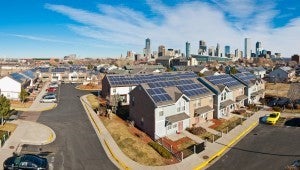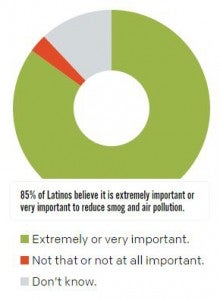Critics of North Carolina’s clean energy industry recently bought some radio ads asking state lawmakers who support North Carolina’s clean energy policies to change their minds and turn their backs on this growing industry. These opponents mistakenly argue our state’s clean energy policies burden North Carolinians with rising energy costs that hurt families and cost the state jobs. These claims are baseless.
Yes, energy costs in North Carolina have increased – $40 or $50 per month for many households since 2001. But the growth of renewable energy is not the reason why. Conventional energy sources like coal are getting more expensive, accounting for as much as 84 percent of this increase.
The truth is, renewable energy is helping to slow rising energy costs, saving North Carolina electricity customers $162 million since 2007. And while clean energy continues to grow, so will the savings for our state’s families and businesses – delivering nearly half a billion dollars in additional savings over the next 15 years. Read More















